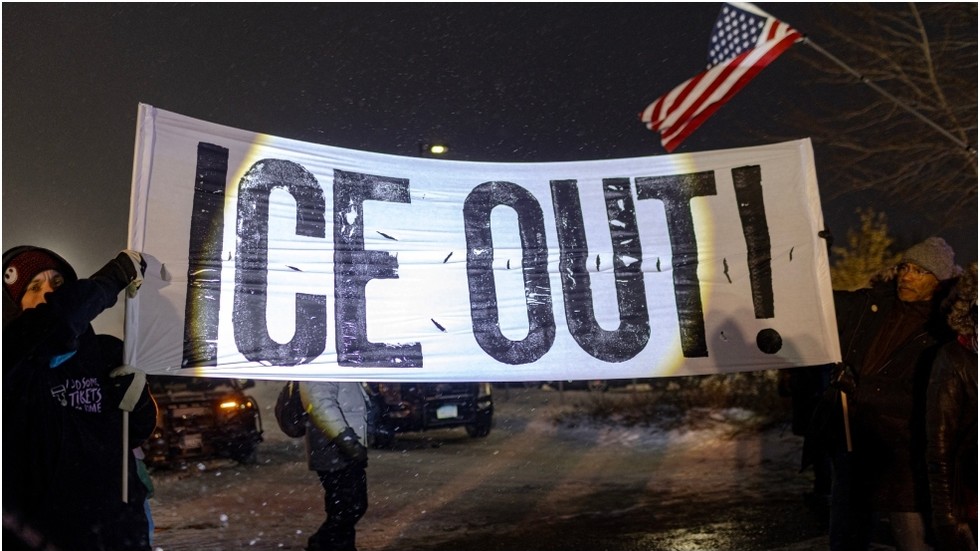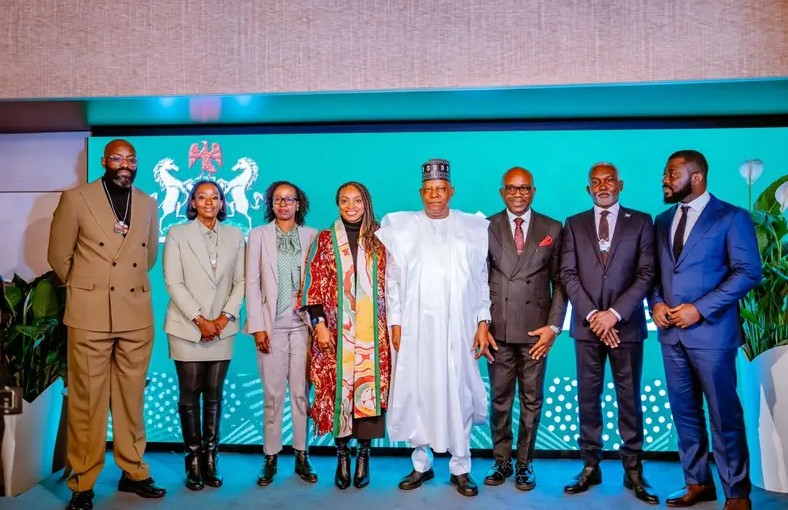The Democratic Republic of Congo has been plunged into deeper political and regional divisions following the death sentence handed to former President Joseph Kabila. The 54-year-old was convicted in absentia by the Military High Court in Kinshasa on September 30 for treason and war crimes. Prosecutors alleged that Kabila was a founder of the Alliance Fleuve Congo, the political wing of the M23 rebel movement, and the leader of the armed coalition AFC/M23.
The ruling has sparked mixed reactions, with the government and its supporters in Kinshasa hailing it as a significant step in the fight against impunity. In contrast, many in the eastern part of the country, where Kabila still commands loyalty, view it as a political attack that threatens peace efforts. Christian Lumu, a member of President Félix Tshisekedi’s Union for Democracy and Social Progress party, welcomed the decision, stating that it reinforces the principle that no one is above the law.
However, the NGO Human Rights Watch has condemned the move, suggesting that it could be seen as a warning to political opponents. The organization’s Africa director, Lewis Mudge, believes that the trial and verdict bear the hallmarks of a political vendetta, indicating that the Congolese government is moving towards a more authoritarian path. Mudge pointed out that Kabila was stripped of his immunity quickly, and the trial was held rapidly without Kabila’s representation.
The verdict has also been criticized by civil society leaders in the eastern region, where Kabila remains popular. Sammy Jean Takimbula, a civil society leader, argued that the conviction would weaken the search for peace in the region. The eastern part of the DRC has been plagued by conflict for 30 years, with violence intensifying in early 2025. The M23 armed group, supported by Rwanda, has captured several cities, including Goma and Bukavu.
The conviction of Kabila has raised concerns about its potential impact on the ongoing peace process, particularly the talks between DRC authorities and the AFC/M23 in Qatar. However, Lumu downplayed the risk, stating that the discussions aim to consolidate unity, build peace, and reconcile the Congolese people. He emphasized that real justice must be done for reconciliation to be genuine.
In contrast, Takimbula believes that Kabila’s conviction is a distraction from the peace efforts. He argued that Kabila had been working towards reconciliation and had held consultations with civil society representatives in South Kivu. The HRW’s Mudge also questioned the timing of the conviction, suggesting that it may be related to the upcoming elections in 2028, in which Kabila could be a potential challenger to President Tshisekedi.
The conviction of Joseph Kabila has significant implications for the political landscape of the DRC, and its impact on the peace process remains to be seen. As the country prepares for elections in 2028, the situation is likely to remain volatile, with ongoing tensions between the government and opposition forces.



